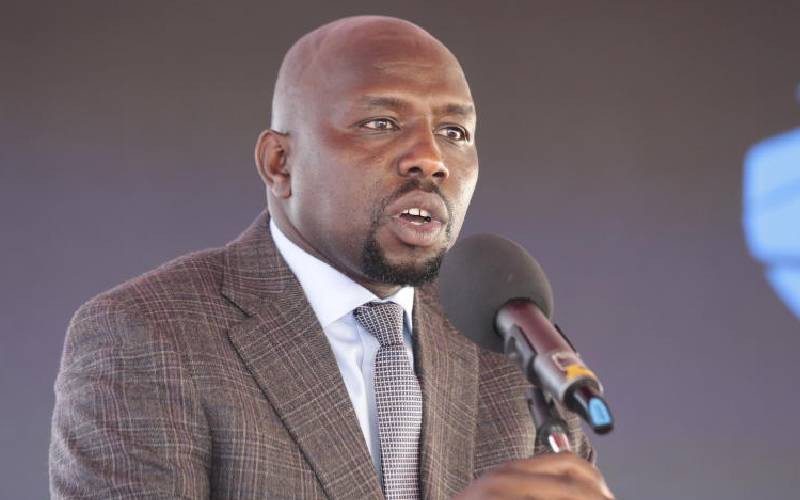×
The Standard e-Paper
Smart Minds Choose Us

There has been a recent spate of deadly road accidents involving school buses, despite efforts by the government to address road safety.
In April last year, the Ministry of Transport implemented a night travel ban for school buses and mandated seat belt use for all children.